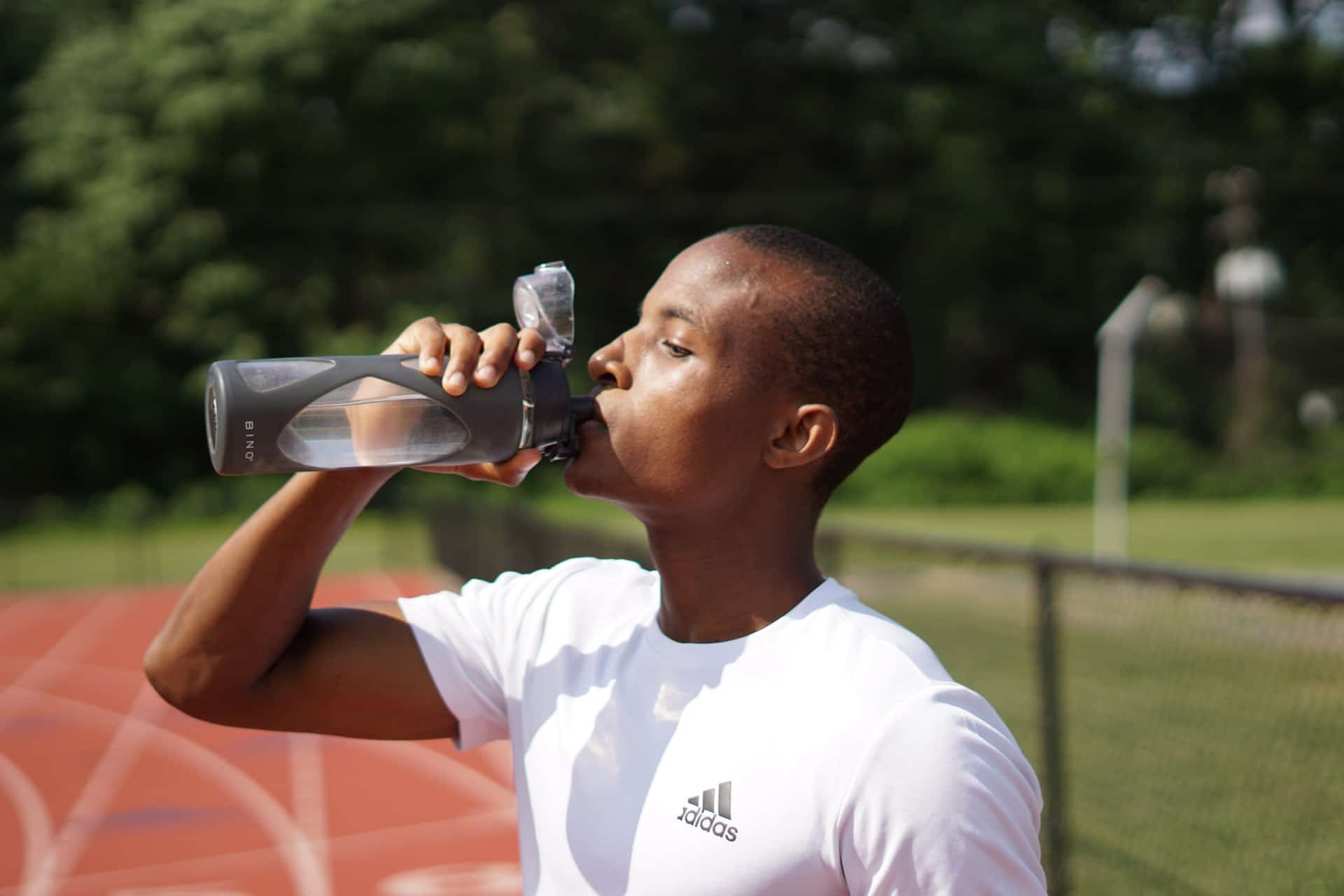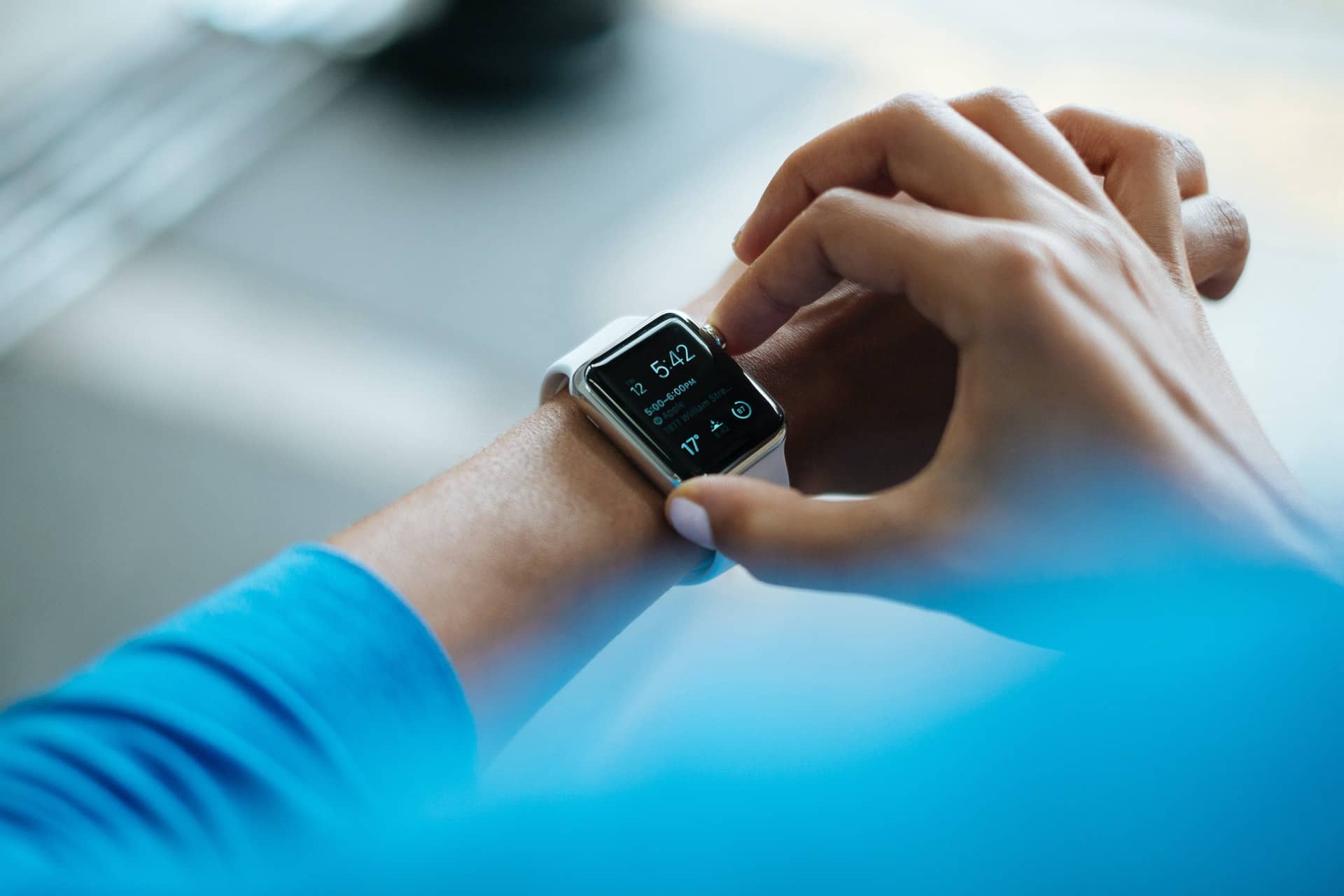
Contents
- Can I mix both morning and evening runs?
- What are the benefits of early morning running vs an evening run?
- Will an early evening run help or hinder me fall asleep?
- What about running in the middle of the day or late afternoon?
- Will joining a running community help me commit to a regular time for running?
- Should I eat breakfast before an early morning run?
- What should I eat before a long run?
- What should I eat after a run?
- When should I run during the different seasons? In the morning or evening?
- Am I more likely to get injured in the morning or the evening?
- How can I avoid getting injured?
- Would I lose weight more easily during a fasted morning workout?
- What is a fasted run?
- Do you have to be an experienced runner to try this type of training?
- Will I need to take every other day as a rest day if I try fasted runs?
- Can I drink coffee before a run?
- Does coffee before a run affect my blood pressure?
- Can I run and do cross-training on the same day?
It is best to run when you have time and can commit to a regular schedule.
Mornings are generally the best time to run, but any time that you can be consistent with is good.
If you are just starting out, try running three days a week to start off with and as your endurance builds, you can increase the frequency of your runs accordingly.
Just make sure not to overdo it – your body needs time to rest and recover, especially if you are just starting out.
Can I mix both morning and evening runs?
Yes, you can mix both morning and evening runs, but it is best to be consistent with your schedule.
Combining the two times of day can help you get your miles in while still giving your body time to recover.
What are the benefits of early morning running vs an evening run?
There are benefits to both early morning and evening running, but the best time to run is when you can be consistent with your schedule.
Early morning runs can help you start your day with a burst of energy, while evening runs can help you wind down from the day and improve your sleep.
Will an early evening run help or hinder me fall asleep?
Running in the evening can help you wind down from the day and improve your sleep.
However, if you find that you are too energized after your run to fall asleep, it may be best to stick to running in the morning.
What about running in the middle of the day or late afternoon?
There are benefits to running at any time of day, but the best time to run is when you feel best to do so.
Running in the middle of the day can help you break up the workday and get some fresh air.
Will joining a running community help me commit to a regular time for running?
Yes, joining a running community can help you commit to a regular time for running.
Having accountability partners can help you stay on track with your training plan and make running a priority.
Should I eat breakfast before an early morning run?

It is best to eat breakfast before an early morning run, but you can also drink coffee or another energy drink.
Eating a light breakfast will help you have sustained energy throughout your run.
What should I eat before a long run?
Before a long run, it is best to eat a light meal that is high in carbohydrates and low in fat.
Some good options include oatmeal, toast with peanut butter, or a banana.
It is also important to stay hydrated by drinking plenty of water or an electrolyte drink.
What should I eat after a run?
After a run, it is important to replenish your body with fluids and nutrients.
A good option is to drink a protein shake or eat a protein-rich meal. It is also important to drink plenty of water to stay hydrated.
You can also eat fruit or vegetables, which will help your body recover and repair itself.
When should I run during the different seasons? In the morning or evening?
The best time to run as stated before is when you can be consistent with your schedule.
However, with that said, in the summer it is generally best to run in the morning to avoid the heat, while in the winter it is generally best to run in the evening to avoid the cold.
Controlling your body temperature is very important when running, so you maybe want to adjust your running schedule accordingly for the different seasons.
Am I more likely to get injured in the morning or the evening?
There is no definitive answer to this question.
Some studies suggest that running in the evening may be more likely to cause injuries, while other studies suggest that there is no difference between morning and evening runs.
Ultimately, it is important to listen to your body and give yourself time to rest and recover.
How can I avoid getting injured?
The best way to avoid getting injured is to listen to your body and give yourself time to rest and recover.
If you feel pain or discomfort, stop running and seek medical attention.
It is also important to warm up before running and cool down afterwards.
Wearing the proper shoes and clothing can also help prevent injuries.
Would I lose weight more easily during a fasted morning workout?
Studies have shown that you can burn more fat during a fasted morning workout.
However, it is also important to eat a healthy diet and make sure you are getting enough calories.
It is also important to listen to your body and give yourself time to rest and recover.
What is a fasted run?
A fasted run is a run that you do after not eating for several hours.
This type of run can help you burn more fat, as it utilises your energy stores but it is also important to make sure you are getting enough calories.
As always though, it is also important to listen to your body and give yourself time to rest and recover.






Do you have to be an experienced runner to try this type of training?
No, you do not have to be an experienced runner to try fasted running.
If you are new to running, it is also important to start slowly and gradually increase your mileage.
Experienced runners may of course adapt better if they’ve done similar types of workouts in the past.
Will I need to take every other day as a rest day if I try fasted runs?
No, you will not need to take every other day as a rest day if you are trying fasted runs. It’s unlikely you’ll benefit from maintaining this 7 days a week but resting every other day is not necessarily required.
Fasted runs are more difficult and therefore place greater stress on the body so it’s important to listen to your body and not overdo it.
Can I drink coffee before a run?
Yes, you can drink coffee before a run. Coffee can provide you with a boost of energy, but it is also important to make sure you are not over-stimulated.
Does coffee before a run affect my blood pressure?
There is no definitive answer to this question.
Some studies suggest that coffee may slightly increase blood pressure, while other studies find no difference.
Ultimately, it is important to listen to your body and see how you feel after drinking coffee before a run.
If you notice any negative effects, such as an increase in heart rate or anxiety, it would seem probably best to avoid it before running.
Can I run and do cross-training on the same day?
Yes, you can run and do cross-training on the same day.
Cross-training can help improve your running performance by increasing your overall fitness level.
It is also important to listen to your body and make sure you are not over-training.
I hope that covers the question ‘When should I run?’ satisfactorily and trust you enjoyed the read.
Make sure you visit again soon to find out more useful hints and tips and please also look to follow us via any of the social media links on the page.
….and one last thing…if you find this info useful be sure to like and share it with all your friends too 😉
Happy running!